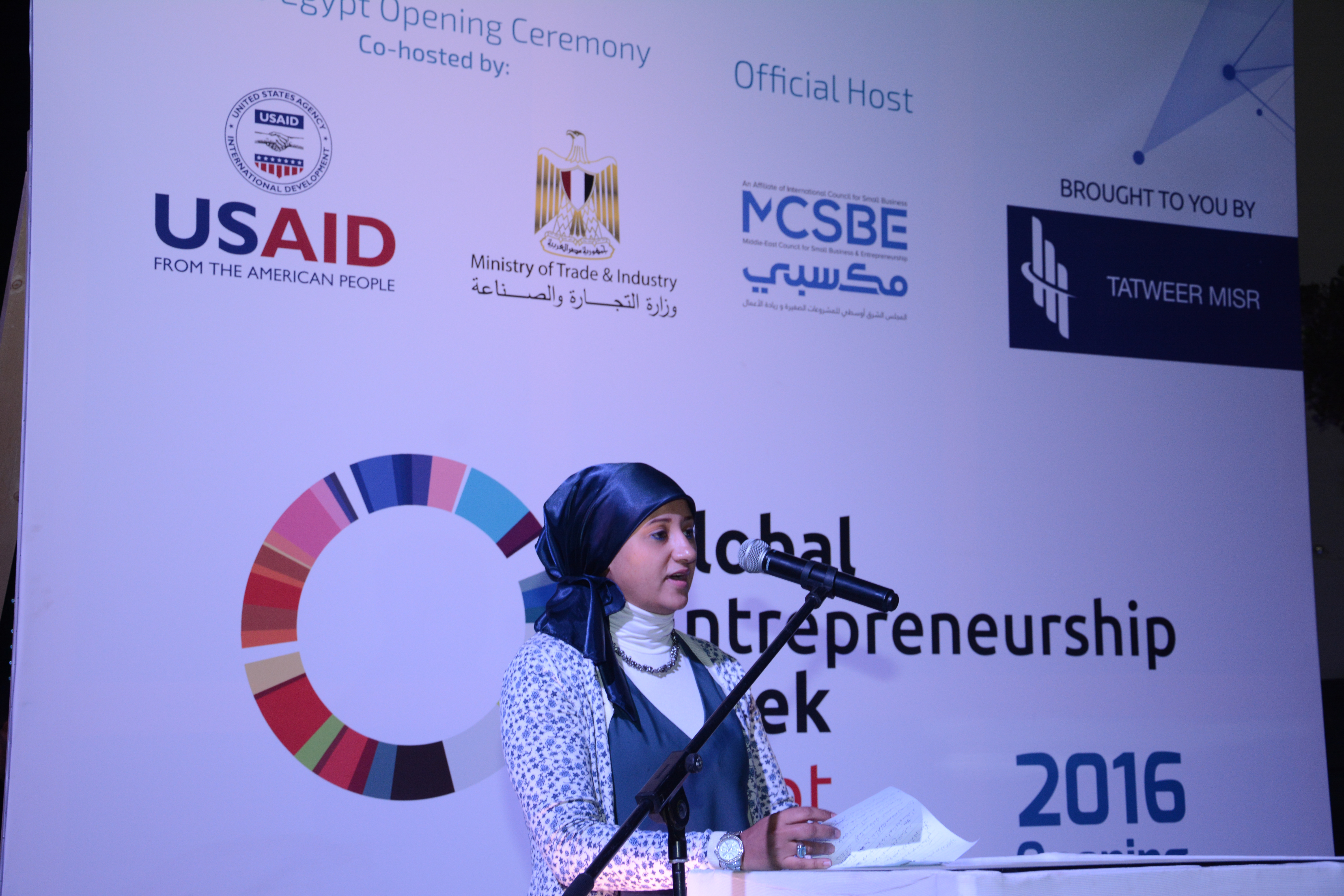
At DT Global, we work with the private sector—including small- and medium-sized enterprises (SME)—around the globe to increase private sector growth, enhance competitiveness, and encourage economic participation. Below are just some examples of our work supporting SMEs through our EU, USAID, and MFAT-funded programmes.
The political crisis in Madagascar, which started in 2009 and lasted for over five years, quickly led to a deterioration of the business climate as well as the living conditions of the population and reinforced the slippage in governance. In 2010, approximately 77% of Malagasy were living below the poverty line.
In this context, the private sector put forward a National Development Plan to revive the country’s economy. As part of its contribution towards the plan, the EU reinforced its support to the private sector, launching the Program of Support to Employment and Integration (PROCOM), implemented by DT Global, which supported the Malagasy private sector.
PROCOM covered 14 of the Island’s 22 regions, developing over 80 activities in 10 different economic sectors, including, tourism, agribusiness, handicraft, textile, energy, and construction. To support capacity building and sustainability, DT Global increased coordination and collaboration between targeted intermediary organizations in order to offer a coherent, efficient, and sustainable set of trainings in management and trade to MSMEs.
DT Global organized workshops, activities, and conferences during the programme, such as SME Tax and Customs Conferences, with the overall purpose of strengthening capacities of MSMEs and institutional stakeholders in their technical, managerial, and trading capacities at national and regional scales. Through these activities PROCOM managed to facilitate Malagasy SME’s access to finance.
Some of PROCOM’s tangible results include the increase of commercial relations between Canada and Madagascar, the obtaining of necessary material to improve the quality of handicrafts, the transformation of beans into nutritional flour to fight against child malnutrition, the training of young women entrepreneurs in business plans, and the development of a "made in Madagascar" label to guarantee ethical and quality standards.
Across the Pacific, small businesses often lack the knowledge of what outsourced services are available to support them. Their owners often consider these services too expensive and don’t know the added value they can bring to their business.
Initiated by the New Zealand Ministry of Foreign Affairs and trade in 2017, Business Link Pacific (BLP), implemented by DT Global, was created to boost private sector development in the Pacific and support SMEs to develop and prosper in the region. BLP works with different business advisory services that help small businesses in the Pacific to grow, expand, and employ more people.
Advisors assist in the development of local SMEs is through a wide range of ‘business to business’ activities: from accounting, book-keeping, and supporting small businesses to develop loan applications, to marketing, website development, or HR-related tasks. BLP works hand in hand with providers who join their program by registering through an online portal. There, each SME can search and find the appropriate services for them.
Be it in accounting, marketing, or even IT support, BLP follows a set of behavioral and technical competencies which are required for all business advisory services in order to join the programme’s online portal. This ensures that business advisors are properly qualified and technically able to deliver the services they offer.
To assist small businesses, BLP has put in place a subsidizing scheme, through which they subsidize up to 50% of the cost of services that SME’s access from one of the multiple business advisors found in BLP’s network.
Finally, BLP has launched a business diagnostic tool through the Chambers of Commerce in the different Pacific countries where the programme is operating. Overall, more than 250 SMEs across the Pacific have accessed BLP’s online portal to find the services that will provide the perfect fit for their business.
Micro, small, and medium-sized enterprises, and the entrepreneurs that start them comprise a large portion of the Egyptian economy. But MSMEs—often in the informal sector—face a host of challenges, ranging from lack of financial literacy and low access to finance, to difficulty integrating into value chains and challenges navigating bureaucratic red tape.
To counter these trends, DT Global implemented the USAID Strengthening Entrepreneurship and Enterprise (SEED) project in Egypt from 2015 to 2020, which worked to develop the entrepreneurship ecosystem by providing technical support to entrepreneurs, MSMEs, business development services providers, incubators, and financing groups.
Using a multi-sector approach, DT Global worked with USAID/Egypt and the Egyptian Ministry of Trade and Infrastructure to offer technical support to business service providers, entrepreneurs, and MSMEs to help develop new business ideas, strengthen essential business development services, introduce new financial tools, and enhance financial literacy and management.

The project provided customized technical and mentorship assistance, capacity building, business linkages between MSMEs and large enterprises, matchmaking events, and supporting MSMEs participation in international exhibitions to enhance their exports. We also provided extensive support to female entrepreneurs, including the establishment of the Women Entrepreneurship Network and the TIYE women’s angel investment network. Through training, mentorship, and technical assistance, USAID SEED provided 16,493 new and better employment opportunities and supported 1,391 entrepreneurs to launch and grow their business models.
DT Global is proud to be an ongoing partner to SMEs around the world. Our work creates a tangible difference in the enabling environment for entrepreneurship and provides the tools and training to change the lives of small business owners. Our work across rural and urban areas, with women, youth, and other marginalized populations, has helped to alleviate inequality and build long-term economic resilience across the globe.